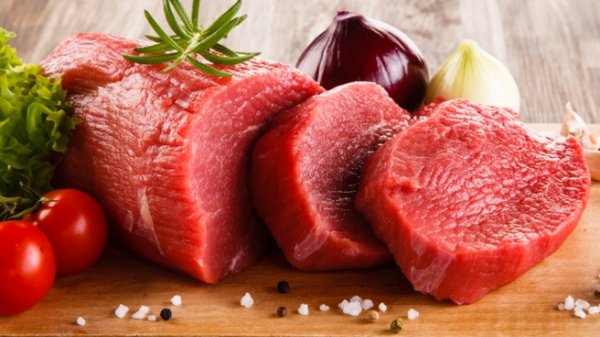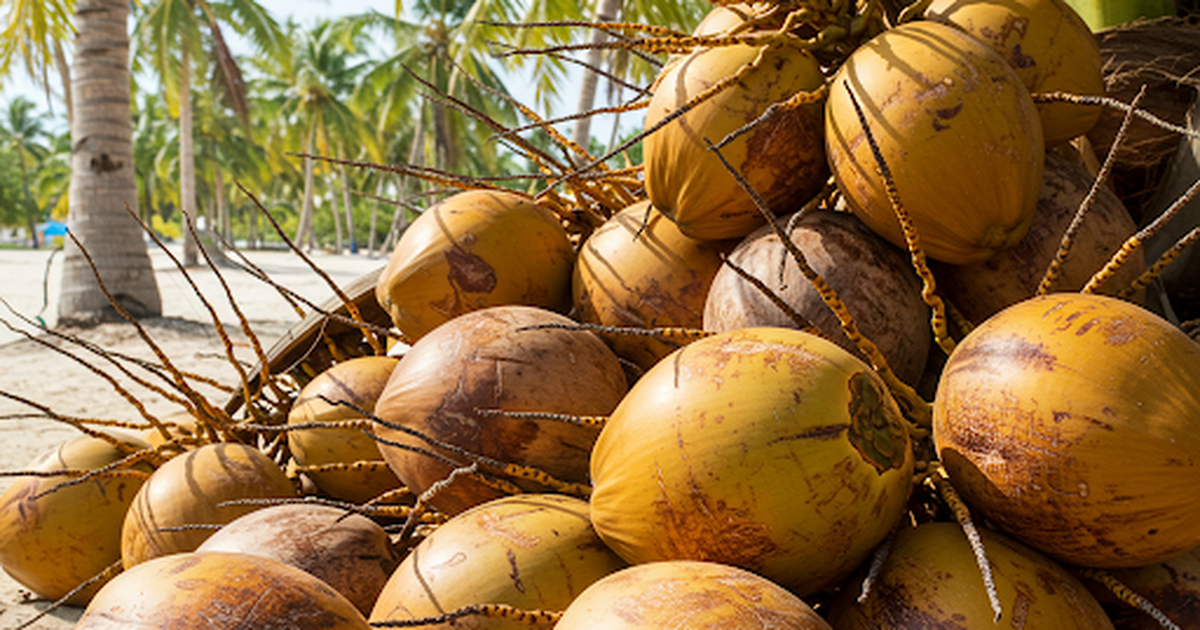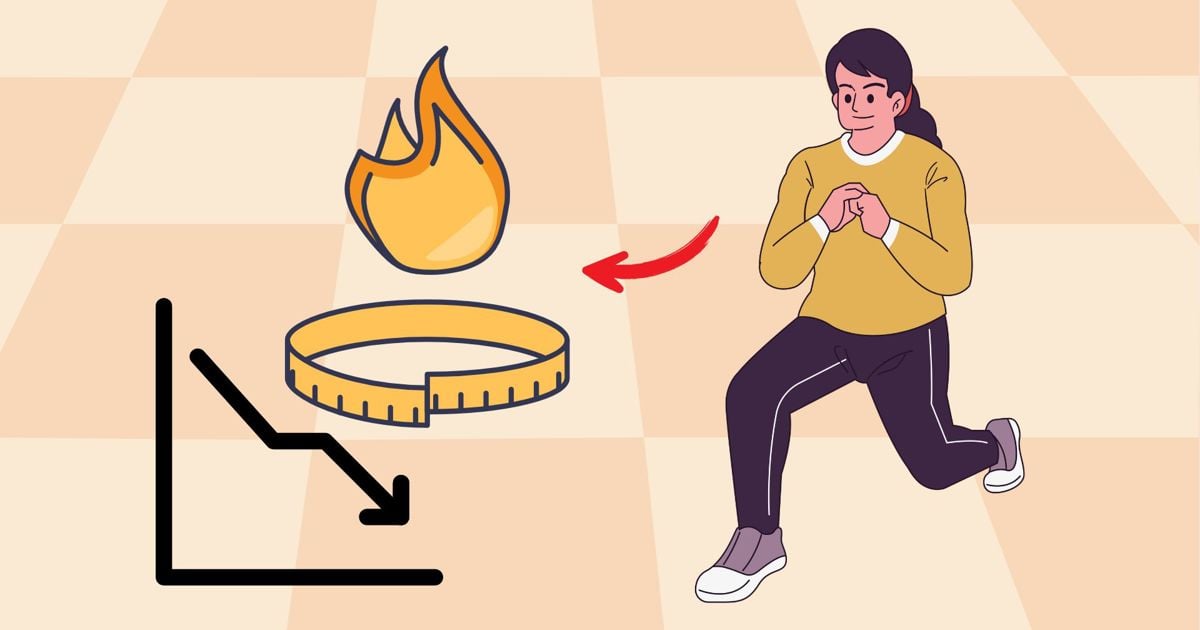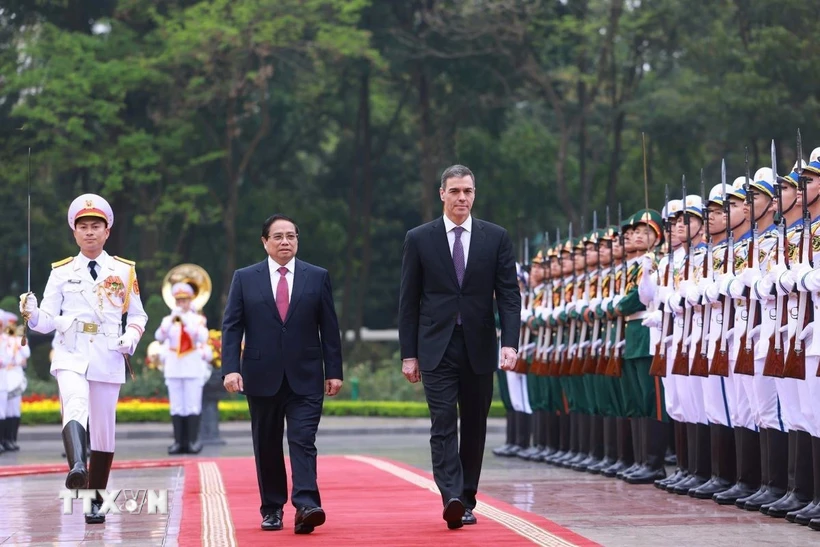
Researchers have discovered through a mouse model that eating fewer calories can help prolong life - Photo: Cathe Friedrich
However, the longest-lived animals lost the least weight when on a calorie-restricted diet.
This longevity research comes from scientists at the Jackson Laboratory in Bar Harbor, Maine, and the Calico Life Sciences Laboratory south of San Francisco, California.
The link between longevity and diet
Previous studies have shown that what we eat can influence how we age and how long we live. Various diets such as the Mediterranean diet, intermittent fasting and calorie restriction have been shown to extend life.
In new research published in the journal Nature , scientists report that certain genetic factors, such as genetic coding resilience, may play a bigger role in longevity than diet.
The researchers used 960 genetically diverse female mice and divided them into five different diets, including calorie restriction to 60% or 80% of their daily baseline calorie intake; fasting one or two consecutive days per week without calorie restriction; and eating any amount of food, whenever the mice wanted.
“Because it’s difficult to do this in humans, we turned to a genetically diverse mouse model,” explains Gary Churchill, PhD, a professor in the Jackson lab and senior author of the study.
"Recent studies have suggested that in mice, some individuals (genotypes) may have a shorter lifespan when calorie restricted. We were interested in determining whether the longevity extension with calorie restriction is universal, and whether the benefits depend on the level of calorie restriction (20% vs. 40%)," said Andrea Di Francesco, PhD, principal scientist at Calico Life Sciences and author of the study.
Longer lifespan with calorie restriction
At the end of the study, scientists found that while the mice that could eat whenever and whatever they wanted lived an average of 25 months, the mice on an intermittent fasting regimen lived an average of 28 months.
Calorie-restricted mice achieved the longest lifespans — mice fed 80% of their basal calories lived an average of 30 months, and those fed 60% lived an average of 34 months.
"We were surprised that extreme calorie restriction (40%) extended lifespan to such a significant extent, without any signs of shortening the lifespan of any of the mice.
We expected that in a genetically diverse population — a unique feature of the study — some animals would have reduced lifespans when subjected to 40% calorie restriction or a two-day intermittent fasting regimen,” Churchill said.
The researchers also found that genetic factors, such as genetically encoded resilience, played a larger role in longevity than diet in the mouse model.
“Diets are not a magic bullet – they increase average lifespan but do not guarantee longevity for an individual. There are other factors that contribute at least as much to longevity,” explains Di Francesco.
“Weight loss is ‘good’ from a human perspective, but weight loss does not cause longevity – they are separate consequences of calorie restriction,” Churchill says.
Need to translate research to humans
After reviewing the study, Mir Ali, MD, bariatric surgeon and medical director of the MemorialCare Surgical Weight Loss Center at Orange Coast Medical Center in Fountain Valley, Calif., said what's interesting about the study is that it shows that cutting calories or eating less increases longevity, but not necessarily weight loss, which he said is counterintuitive.
“Animal studies are a good place to start, but obviously animals are very different from humans. We need to see if the research done in animals applies to humans,” Ali said.
According to Richard, "the body is always in a state of self-regulation, always trying to find balance to achieve a state of 'just enough' - operating smoothly in all aspects".
 Taking stairs helps prolong life
Taking stairs helps prolong lifeSource: https://tuoitre.vn/an-it-hon-co-the-giup-keo-dai-tuoi-tho-20241016134832215.htm


![[Photo] Opening of the 11th Conference of the 13th Party Central Committee](https://vstatic.vietnam.vn/vietnam/resource/IMAGE/2025/4/10/f9e717b67de343d7b687cb419c0829a2)
![[Photo] Unique folk games at Chuong Village Festival](https://vstatic.vietnam.vn/vietnam/resource/IMAGE/2025/4/10/cff805a06fdd443b9474c017f98075a4)

![[Photo] April Festival in Can Tho City](https://vstatic.vietnam.vn/vietnam/resource/IMAGE/2025/4/10/bf5ae82870e648fabfbcc93a25b481ea)


























![[Photo] Prime Minister Pham Minh Chinh commends forces supporting Myanmar in overcoming earthquake consequences](https://vstatic.vietnam.vn/vietnam/resource/IMAGE/2025/4/10/e844656d18bd433f913182fbc2f35ec2)




























































Comment (0)